About
The Feminist Open Government Initiative is an ambitious attempt to broaden the base of open government support by investing in cutting-edge research from partners in the Global South and a coalition building effort to rally reform champions behind a gender-centric approach to open government. The initiative comprises three core pillars of work conducted by Results for Development (R4D) and the Open Government Partnership (OGP), with support from Canada’s International Development Research Centre (IDRC).
Over the course of the two years, Feminist Open Government Initiative drove considerable gender-informed action across the open government community. The Feminist Open Government Initiative oversaw five research projects covering 11 OGP governments, reviewed multiple OGP action plans with suggestions for how to increase gender perspective, forged new partnerships with key groups like Women Deliver and UNDP, informed the Break the Roles gender and inclusion campaign, and built a coalition of more than 20 governments and partners who have committed to drive this work forward.
The Feminist Open Government Initiative and Break the Roles built a strong network of gender and open government partners with expertise across core and emerging thematic areas and secured high-level political commitments to continue this agenda into 2020 and beyond. Thank you to researchers from Africa Freedom of Information Centre (AFIC), CARE International, Equal Measures 2030, Técnicas Rudas, Oxfam and for all their hard work in conducting this very important work to help build more inclusive societies.
Results
- Gender became the fastest growing thematic area for OGP action plans in 2019, a clear shift in priority from the 2017 starting point.
- To date, 41 members have made 127 commitments that focus on gender or specifically mention women, girls, or LGBTQIA+ constituencies.
- 39% of members made a gender-related commitment in 2019-2021 action plans. This is an increase from 2018, where 34% of members made a gender-related commitment. Overall, this represents a 16% increase in gender commitments from the start of the program in 2018 to the conclusion 2019.
- Seven members — Bosnia and Herzegovina, Italy, the Philippines, Ecuador, Luxembourg, Burkina Faso, and Nigeria — all made gender-related commitments for the first time in 2019.
- In countries like Sierra Leone, Argentina, Afghanistan, the Philippines, and Mexico, representatives from women’s organizations participated in national steering committee leadership or in multi-stakeholder groups.

Break the Roles
Learn about OGP's gender and inclusion campaign

Addressing Gender Equity Challenges in Open Government Co-Creation Processes
Explore findings from the first round of Feminist Open Government research.

Gender in OGP
See how OGP members are bringing gender diverse perspectives into their work.
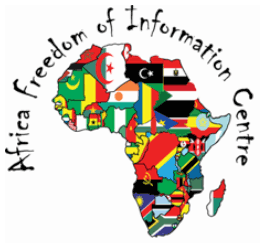
Feminist Open Government: Research on the Extent to which Open Government Promotes Open Contracting Among Women in Kenya, Nigeria and Malawi
A research project conducted by the Africa Freedom of Information Centre (AFIC)
AFIC conducted a three-country review of public procurement and open contracting plans, identifying opportunities to enhance women’s participation in public contracting through open government reforms. AFIC conducted focus groups and workshops in Kenya, Nigeria, Malawi, in partnership with members Article 19 East Africa in Kenya, Centre for Human Rights and Rehabilitation in Malawi and the Public and Private Development Centre in Nigeria.
The study further reveals an absence of specific outreach to women, lack of disaggregated data on women owned and led companies, no data on the proportion of men and women taking contracts, and lack of awareness of procurement and access to information laws by women. While generally women have been found to be at disadvantage in the three countries, those working in the informal sector are found to be at a greater disadvantage. The study recommends amending respective national procurement laws to provide for open contracting, strengthening implementation of respective OGP commitments by promoting disclosure and women’s participation in public contracting, and awareness building of OGP commitments and public procurement opportunities among women-led businesses.
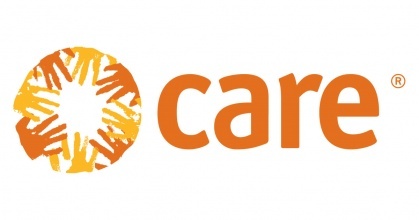
Opening Open Government: Women’s Rights Organisations and the Open Government Partnership in the Philippines
A research project conducted by CARE International
CARE’s action research asked if participatory and gendered political economy analysis can make open government processes more responsive to women. Using an in-depth approach in the Philippines, CARE engaged in three cluster consultations on the islands of Visayas, Mindanao, and Luzon. They offered preparatory workshops with women’s rights organizations (WRO), travel support to enhance participation levels, and documented when and how gender and inclusion factored into the consultations themselves by tracking who spoke and what kind of interventions, and a final analysis of the submitted action plan to assess what gendered and WRO recommendations ultimately made it into the draft.
CARE found that a number of factors drove WRO’s to participate, but that early interventions were needed to engage these communities well in advance of a co-creation process for maximum impact.
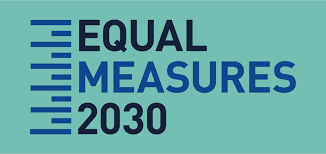
Open Government and Gender Equality 2019
A research project conducted by Equal Measures 2030
Equal Measures 2030’s (EM2030) research focused on understanding the intersections between the SDGs, open government, and gender advocacy through the perspective of girls and women’s rights organizations in three OGP countries. The organization brought together their national partners in Colombia, Indonesia (KAPAL), and Kenya (GROOTS and FEMNET), along with OGP stakeholders in country, for a series of focus groups and interviews.
EM2030’s research validated prior findings that much can be done to improve women’s rights organizations (WROs’) involvement in OGP processes. Across the three country contexts evaluated, focus group participants identified barriers to inclusive co-creation, gender commitments in action plans, and the full vision of gender-mainstreaming in open government processes—and began to iterate ideas for pathways around these barriers and areas for investment from OGP member states and the secretariat that could scale up efforts for inclusion. Insights from these countries at different stages of national action plan development highlight the value of knowledge-sharing across contexts about pathways for WROs’ engagement, strategies for working in resource-poor environments, better value propositions from government to WROs’ to encourage participation, and the need for flexible tools to assess where countries are in terms of gender inclusion and improve WROs’ involvement.
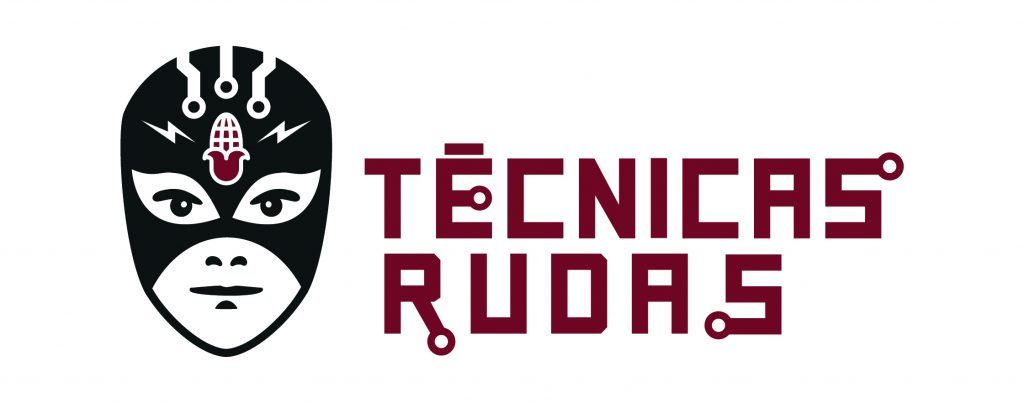
Gender Indicators in the Creation and Implementation of Open Government Commitments
A research project conducted by Técnicas Rudas
This research project tested the hypothesis that introducing gender indicators into the analysis of transparency around natural resource governance will reveal gaps and needs in open data and public policy that would otherwise not be detected. Técnicas Rudas conducted research workshops in Peru, Colombia and Mexico, with a more intensive engagement in Mexico who was co-creating at the time. Through the project, Técnicas Rudas was able to try and test indicator development in Peru and Colombia by looking at existing natural resource commitments and applying a gender lens to indicators to see what they’d reveal, in partnership with local gender-sensitive digital rights groups and land rights organizations. They used this action research to inform advocacy strategies for transparent, participatory and inclusive natural resource governance, with civil society and multi-stakeholder initiatives, locally and globally.
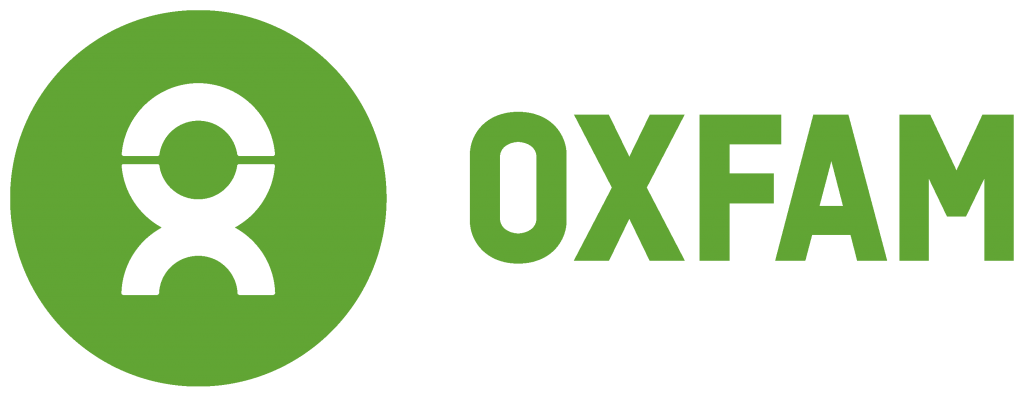
Engaging Marginalized Women in Local Open Government Practices
A research project conducted by Oxfam
Oxfam Tunisia’s project focused on supporting and documenting best practices in local budgeting, with an emphasis on engaging marginalized women in Kairouan, Tunisia in local open government practices. While different from the other projects in focusing on a local-level engagement, this project raised important questions and findings around how best to promote local budgeting – an area of growth for many OGP locals. Oxfam worked with the Center of Arab Women for Training and Research to support a group of women working in agriculture in Maâmoura in defining and leading the research, in identifying and acquiring relevant skills, confidence and resources they need to influence budget processes safely and effectively. Through a series of co-created workshops, focus groups and capacity building activities, participants set out individual and collective needs, connected these to broader structural issues and identify strategic changes they want to see through open government reforms.
This research will be made available soon.
